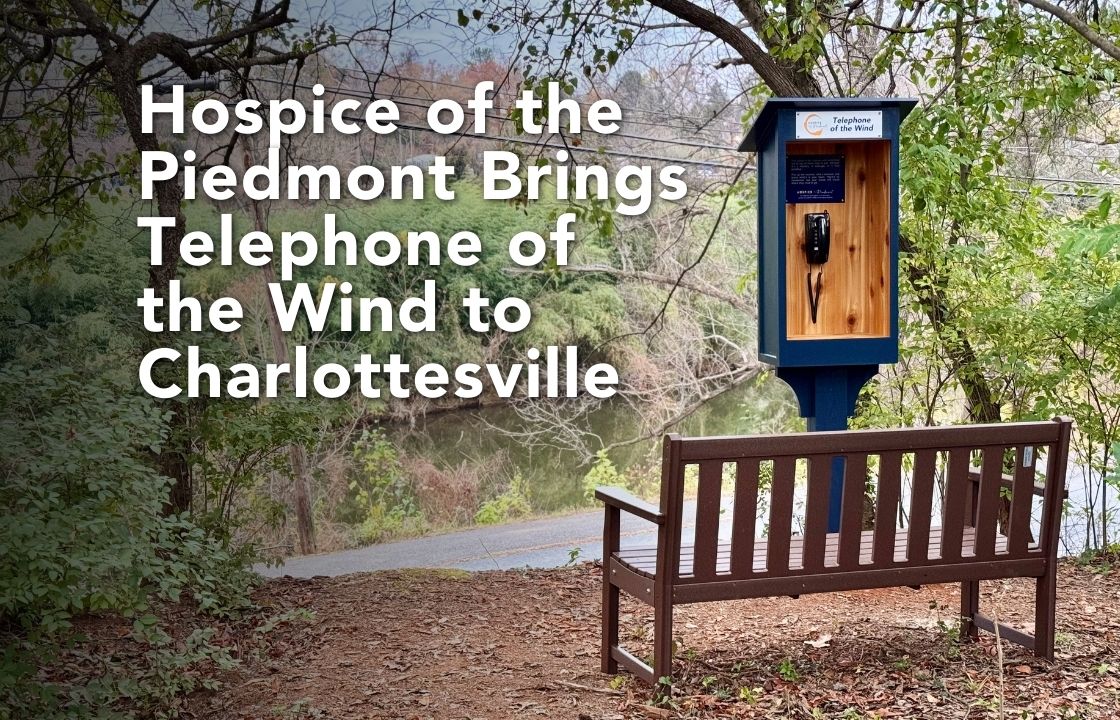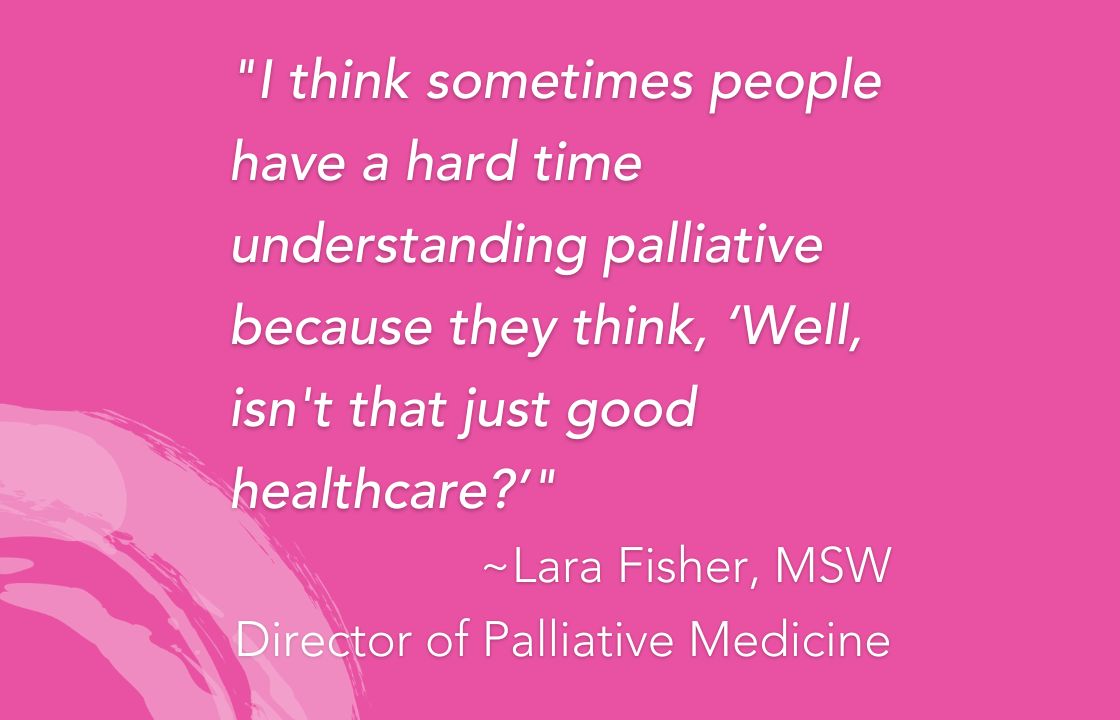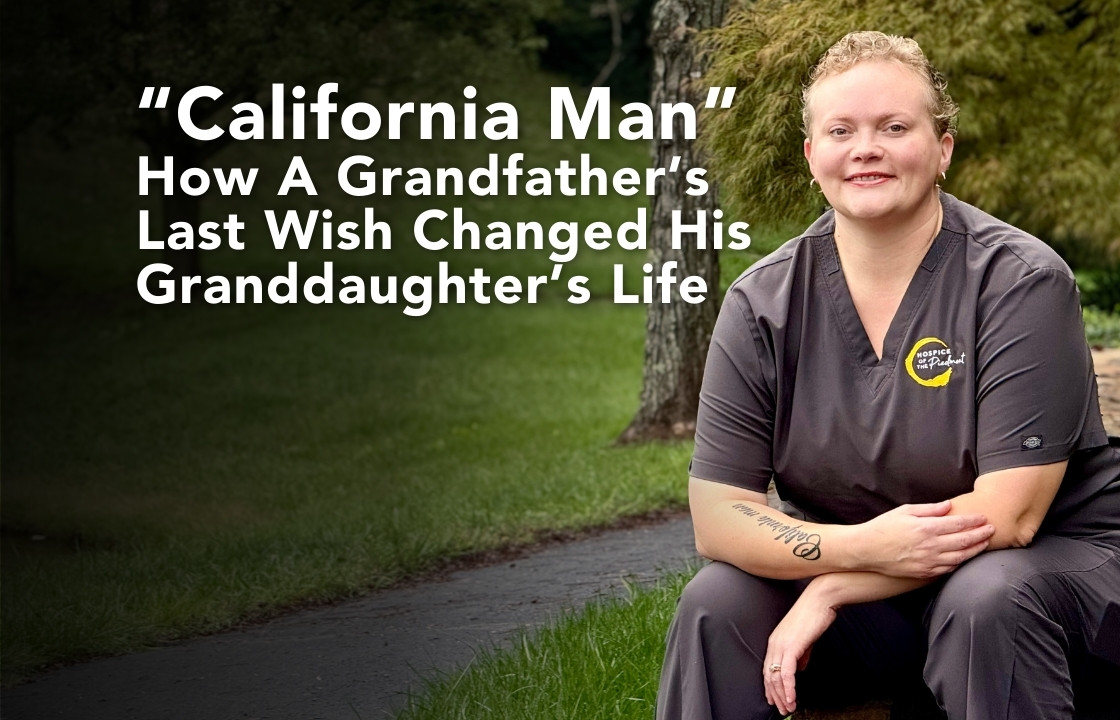A big part of hospice care is reducing and managing pain and other symptoms of a terminal illness. Treating physical pain can significantly enhance the quality of life of patients in hospice, but that’s not all hospice does. For those battling a terminal illness, there may be a lot of emotional and spiritual turmoil to face.
That’s where the holistic element of hospice care comes into play by recognizing and addressing the spiritual pain of those in hospice care and offering them support.
What Is Spiritual Care?
Spirituality means different things to different people. For some, it can mean religion, and for others, it is a search for meaning. Spirituality can even be personal beliefs, practices, and relationships that help people find purpose and comfort. In the same way, spiritual care encompasses all of these things and is usually tailored to the person receiving it.
Regardless of the person’s situation, spiritual care allows them to sort through the issue, process, and find peace amidst overwhelming circumstances.
What Is the Role of Spiritual Care in Hospice?
Hospice care is built on the foundation of providing terminally ill people with a comfortable and pain-free lifestyle. We address and support four pillars—medical, psychological, social, and spiritual care. Dame Cicely Saunders, the founder of modern hospice, herself said, “Spiritual care is not an optional extra for the dying.”
Being in hospice care is an extremely transcendent period that can bring forth a lot of questions, uncertainty, and suffering. This makes spiritual care all the more important to fully ensure a patient’s wellbeing.
Benefits of Spiritual Support
At its core, hospice is about living well, for how much ever remains of your life. Spiritual doubts and turmoil can make it difficult to find peace in this time, but spiritual care can resolve these problems and give your loved ones peace by offering them:
- Comfort. Many people find that spiritual counseling during hospice care has a calming and positive effect. Reaching the end of your life can bring about changes, most noticeably feelings of anxiety, loss, regret, grief, and isolation. Spiritual care can help acknowledge and validate these feelings, allowing the patient to find acceptance and closure.
- Purpose. Spirituality comes with a lot of big questions, and patients in hospice might find themselves wondering about themselves and their lives. Spiritual care in hospice can help patients find fulfillment, understanding, and meaning in what they are going through.
- Improved Quality of Life. Above all else, spiritual care helps fulfill the main purpose of hospice by working to give people the best of comprehensive support so they can make the most of their remaining time.
Coming to terms with the end of your life can be scary, but you don’t have to do it alone. Hospice of the Piedmont takes a non-profit approach to hospice care, so we can support our community as much as possible. We’re always here to help, so contact us online whenever you’re ready.



